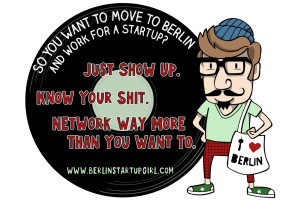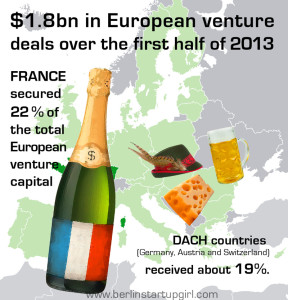I get it. San Francisco is so 2003 – when did 6th and Mission become hip? Buzzfeed is giving you 22 reasons to move here (by the way, they are sooo wrong about no one paying for the Ubahn – you will be caught your first time without a ticket) and, according to the New York Times, half of Brooklyn’s DJs have already immigrated. While some say that Berlin is over, if your goal is to work for a startup, or build your own, this could not be further from the truth. Berghain may have fallen from grace, but the startup scene is just heating up.
With the (far too many) accelerators and ever expanding tech hubs, people spent too much time last year asking: is Berlin just hype? It could have gone either way, but only three months into the new year, Berlin has proved that it has staying power. From Delivery Hero’s whopping $88m funding round this January, to TVSmiles’s 7 million series A, to Outfittery’s 13m round, Berlin is settling into its startup ecosystem skin. This means more opportunity for you entrepreneurial expats to come in and conquer the scene. Want to move to Berlin to work for or build your own startup? Here’s my advice.





Recent Comments